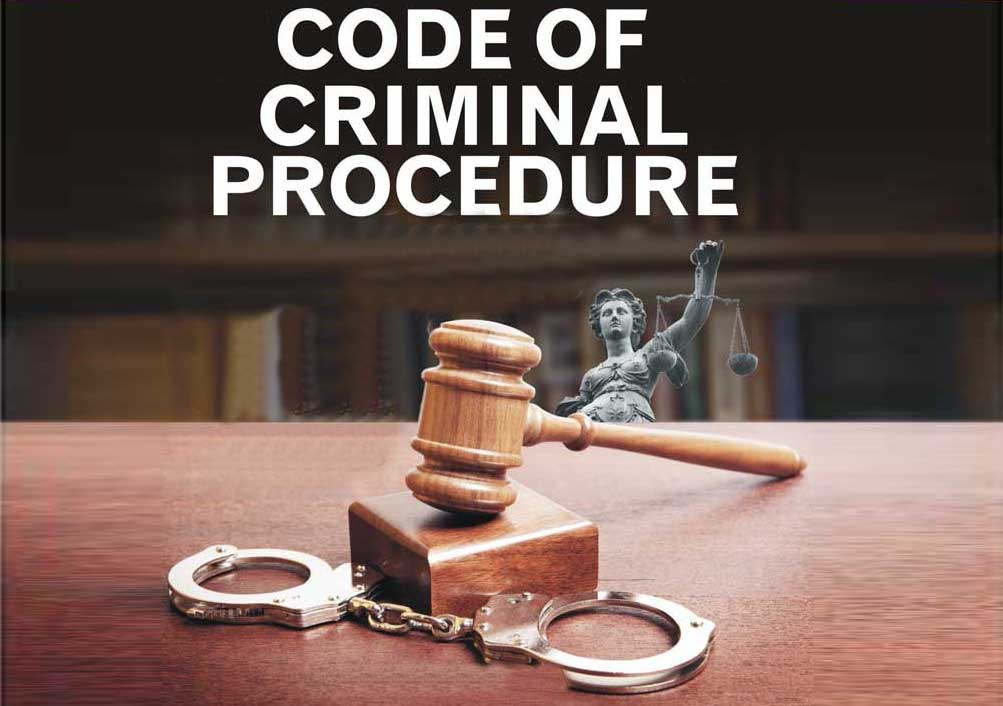In CRIM. APPEAL No.2251 OF 2010-SC- In terms of Sec.235(2) CrPC, Court is obliged to hear accused persons after their conviction on quantum of sentence before passing sentence against them: SC
Justices V. Ramasubramanian & Pankaj Mithal [18-04-2023]

Read Judgment:FEDRICK CUTINHA Vs. STATE OF KARNATAKA
Tulip Kanth
New Delhi, April 19, 2023: While observing that the principle of according opportunity of hearing to the convict before sentencing him is equally applicable where the sentencing is done by the Appellate Court, the Apex Court has set aside the conviction of two accused after noting that the High Court could not have interfered with their acquittal.
“...in view of sub-Section (2) of Section 235 of CrPC, the court is obliged to hear the accused persons after their conviction on the quantum of sentence before passing a sentence against them. Even otherwise as a general rule, the trial court is duty bound to adjourn the matter to a future date after recording the conviction so as to call upon both the sides to hear on the question of sentence before sentencing the accused persons”, the Division Bench of Justice V. Ramasubramanian & Justice Pankaj Mithal asserted.
The FIR revealed that the incident occurred in 1999 on the polling day for the Lok Sabha and Assembly Elections in the District. According to the informant, on the said date, he along with his brother, father, his neighbours-Umanath Naika, Lingappa Naika and Balachandra casted their votes and reached the shop of Abdul Khadar.When he was returning from the polling booth, the accused persons- Krishnappa Naika, Fedrick Cutinha, Laxman Naika, Dheeraj Gowda and others came towards them.
Laxman Naika and Fedrick Cutinha threw chili powder on the face of Umanath Naika
(the informant’s neighbour). They also stabbed him on the left eyelid and the left eyebrow. Another neighbor of the informant as well as his father along with others were also attacked. Laxman Naika, stabbed his father – Poovani Gowda on the back with the knife. Fedrick Cutinha assaulted others and upon raising an alarm, all of them returned to the autorickshaw, in which they had come and fled.
All injured were admitted to the hospital, but the informant and his brother – Jagdish were discharged after treatment. The reason behind the above incident was a property dispute between Umanath Naika and his brother – Krishnappa Naika. It was on account of the property dispute between the two and the past enmity that Krishnappa Naika caused an unlawful assembly and attacked all of them stabbing Lingappa Naika with knife causing his death.
The attacking party of eight persons was headed by Krishnappa Naika and included Fedrick Cutinha. The victims side had five persons headed by Umanath Naika and the informant and others.
When the matter reached the Trial Court, all the accused persons were acquitted. In the criminal appeals preferred by the State, the acquittal of all accused was affirmed except for the first and third accused-Krishnappa Naik & Fedrick Cutinha. Thus, both the above accused/convicts had preferred these appeals.
The Bench was of the opinion that the High Court in recording the conviction had not assigned any good reasons from deviating with the findings returned by the trial court and at the same time had not even stated that the findings so recorded by the trial court in acquitting all the accused,were in any way perverse.
The appellate court ought not to lightly interfere with the order of acquittal recorded by the trial court unless there was gross perversity in the appreciation of the evidence and even if two views are possible, it should follow the view taken by the trial court rather than choosing the second possible version, the Bench opined.
Considering the fact that the trial court had recorded acquittal of all accused upon careful appreciation of the entire evidence on record with which the High Court had not found fault with, the Bench held that the appellate court committed an error of law in recording conviction of the two accused merely for the reason that their presence and participation in the crime was proved by the evidence of one of the witnesses.
However, the Apex Court opined that the case of the third accused stood on altogether a different pedestal insofar as neither the allegations in the FIR nor the evidence established his role in the killing of the deceased. His role was confined to kicking, hitting and throwing chili powder rather than assaulting any of the injured persons or the deceased with the knife.
Considering the fact that the Trial Court had acquitted the accused persons but they were convicted by the appellate court, the Bench said, “Therefore, the appellate court was obliged under law to hear them on the quantum of sentence in accordance with the mandate of sub-Section (2) of Section 235 of CrPC before pronouncing any sentence against them. The appellate court has ex-facie failed to follow the said procedure.”
The first accused-convict had already spent over 11 years in actual custody. Accordingly, allowing the appeal, the Bench set aside the conviction of the two accused persons.
Sign up for our weekly newsletter to stay up to date on our product, events featured blog, special offer and all of the exciting things that take place here at Legitquest.




Add a Comment